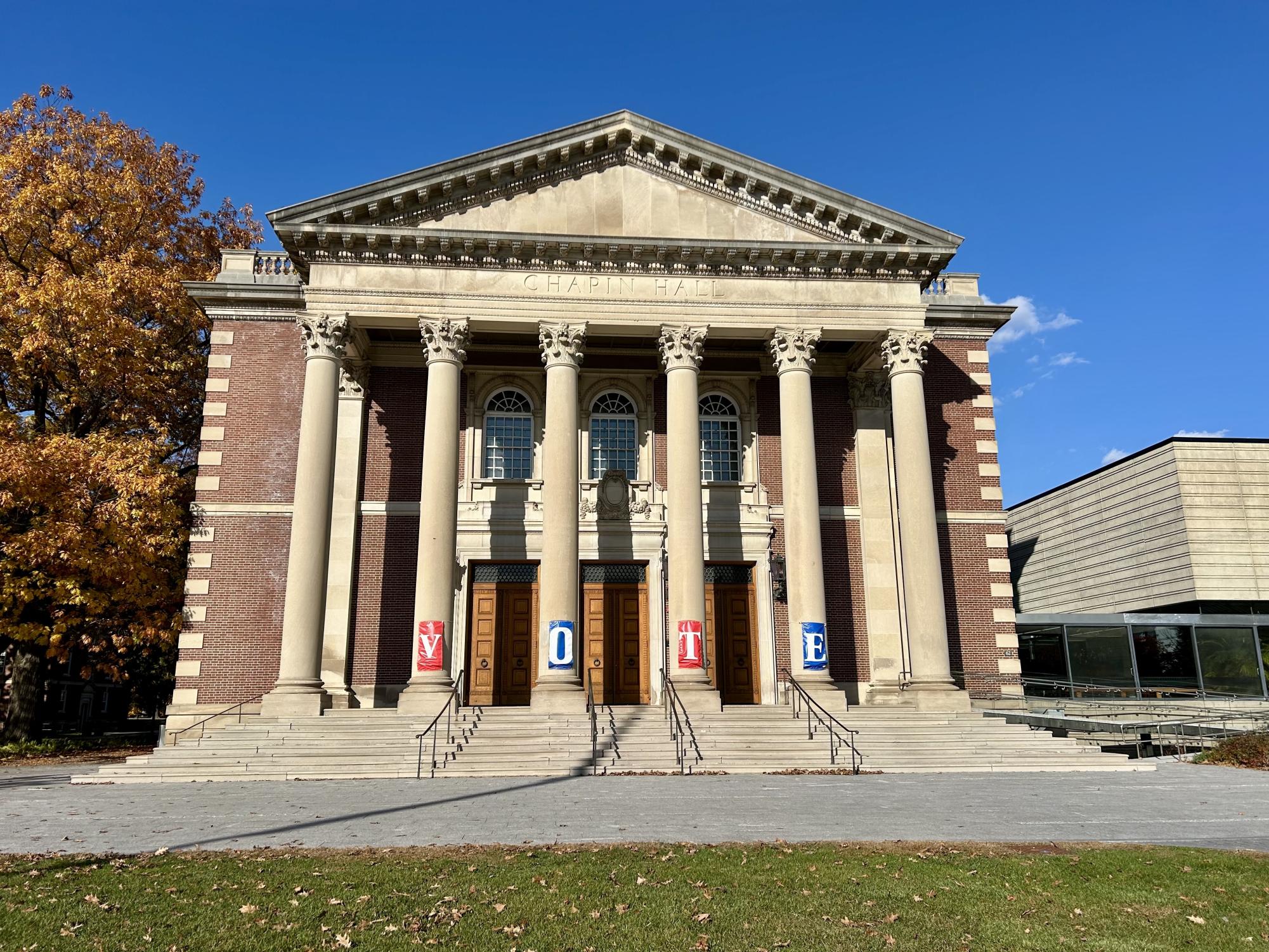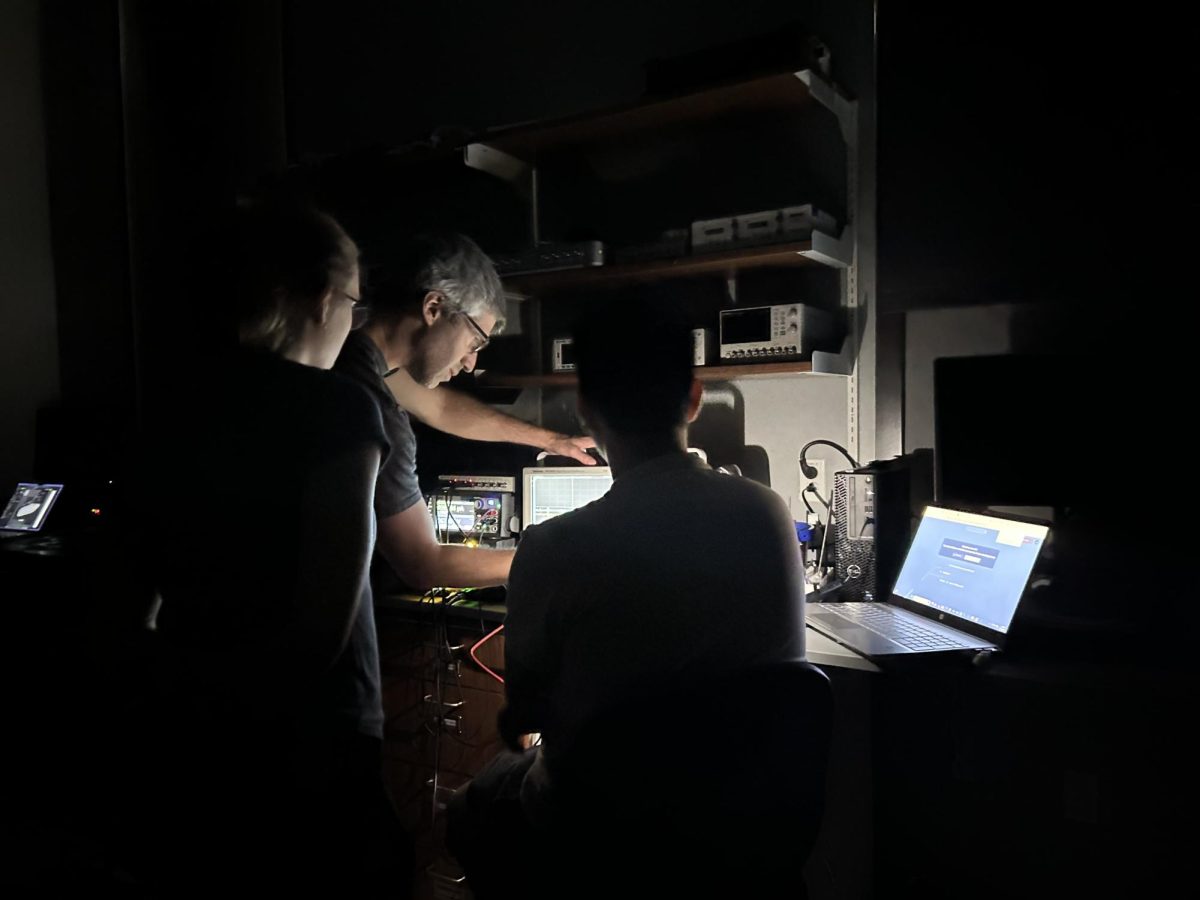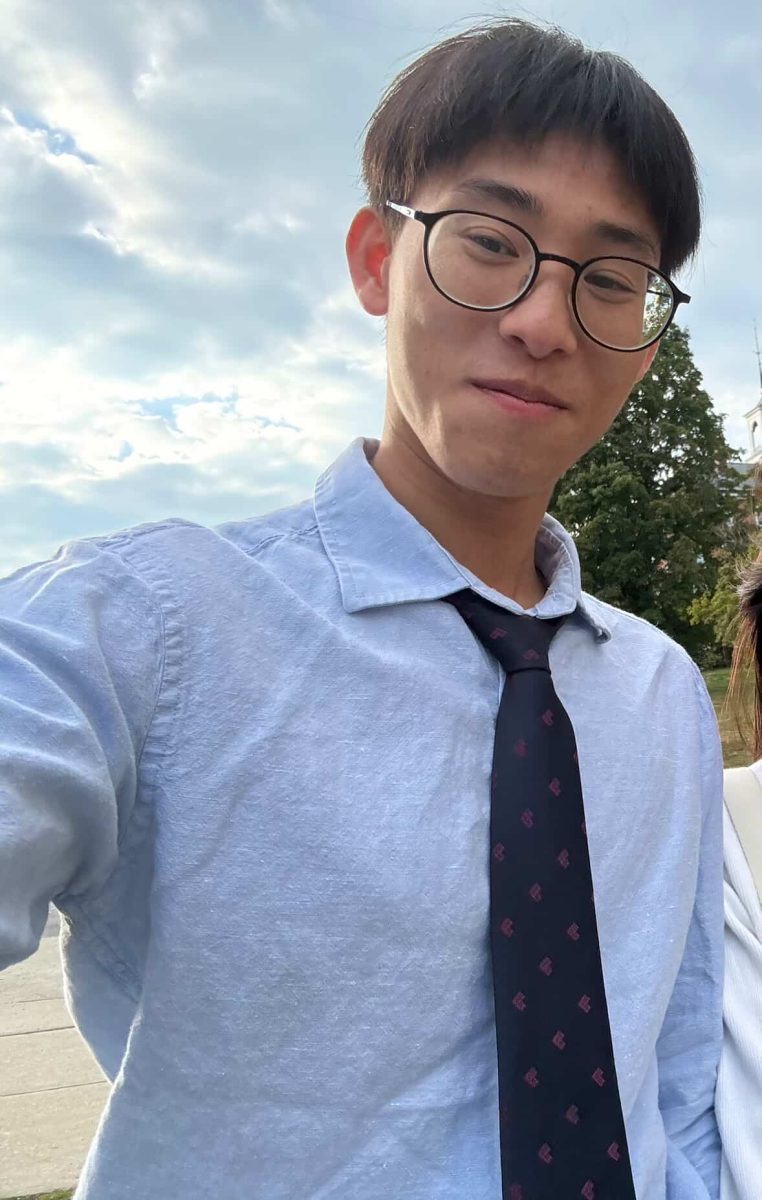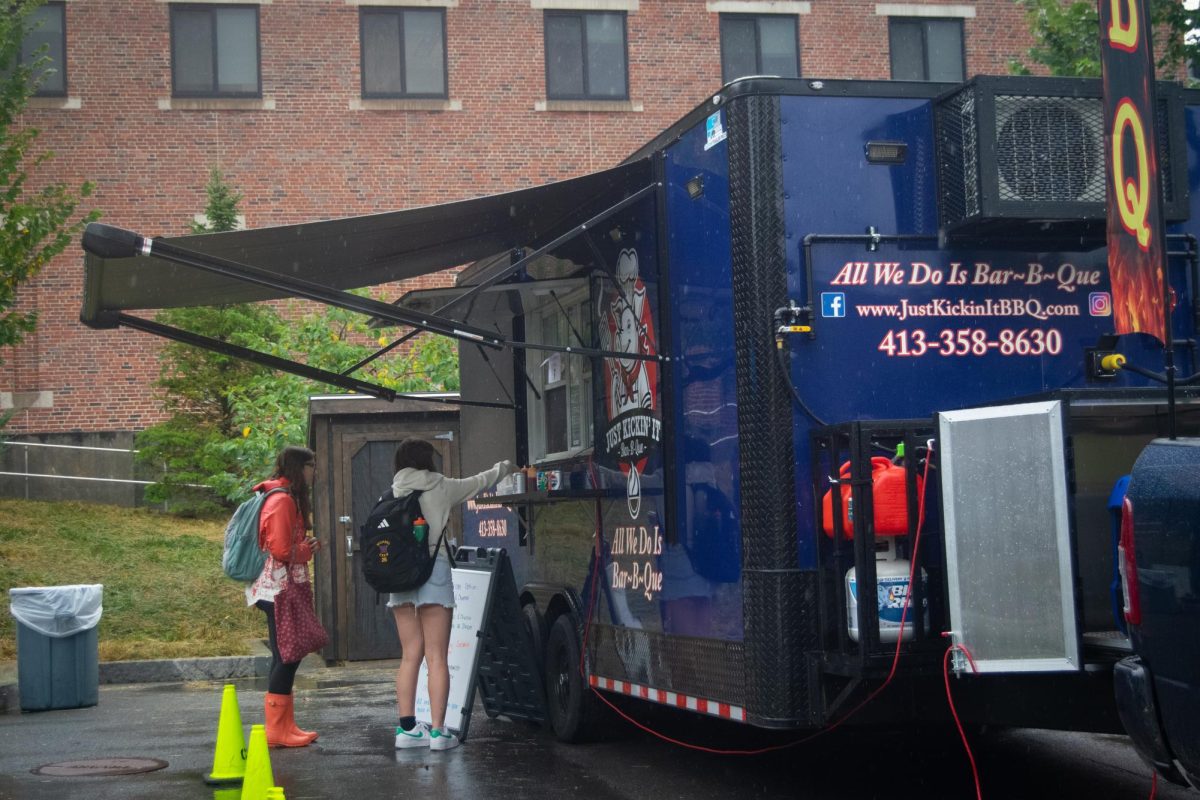
Employees of the College donated at least $81,488.45 to political organizations this past year, according to public data from the Federal Election Committee (FEC). Of the reported data, 99.5 percent, or $81,053.08, went to Democrats or organizations that support Democratic causes. The remaining $435.37 went to Republicans or organizations that support Republicans. The average donation was $34.80.
Vice President Kamala Harris’ presidential campaign garnered nearly $34,000 from College employees. Before President Joe Biden dropped out of the race on July 21, he received over $6,000. Harris was able to access Biden’s campaign funds once she became the Democratic nominee.
The $435.37 raised for Republican campaigns was allocated to former President Donald Trump’s re-election campaign, the Restore Our Nation PAC, Vivek 2024, and Chris Christie for President.
Actual donation amounts are likely greater than that reflected in public data due to FEC disclosure regulations, which require the disclosure of individual contributions that aggregate to more than $200 during the same election cycle. The data also does not account for employees who may have listed an employer other than the College when donating.
College employees also donated to key congressional races, supporting candidates including Rep. Colin Allred in Texas, Sen. Sherrod Brown in Ohio, Sen. Bob Casey in Pennsylvania, Rep. Elissa Slotkin in Michigan and Sen. Jon Tester in Montana. ActBlue, a Democratic fundraising platform and PAC, received and distributed over $42,000 of donations from the College’s employees to Democratic campaigns and causes. Employees donated approximately $2,000 directly to ActBlue.
According to data from the College’s institutional research department, 1,351 individuals are employed by the College, excluding student employees. In the 2023–2024 calendar year, College employees were responsible for 2,339 unique political donations. Many employees donated several times.
The Record spoke with some of the top donors at the College this year to discuss their motivations for giving.
Former Assistant Director of the Williams Outing Club Dave Ackerson, who now works for the College as a driver, donated $1,383.50 this cycle.
“I’ve been donating to Bernie Sanders for over 20 years,” Ackerson said. “I am very in tune with medical care for all people — that’s what first got me into Bernie.”
While he acknowledged the importance of this year’s election cycle, Ackerson emphasized that his commitment to donating is not new. “It’s a regular pattern,” he said. “I’ve been donating for a long time. Unfortunately, I just retired, so I don’t have the cash that I used to to donate to all the groups that I would like to.”
Director of the Center for Learning in Action Paula Consolini donated $3,864.50 to Democratic campaigns, with a majority going to Harris’ bid for president. She cited concerns about preserving democratic institutions and principles as one of her main reasons for donating. “I certainly have given more this past year and feel it’s more urgent,” she said. “I’m concerned about the trend and the threat to democracy that one of the presidential candidates represents and has spoken openly about.”
Professor of Psychology Susan Engel also cited the continuation of America’s democracy as a main reason for contributing. “There’s a lot I don’t love about how this country works, but something I do love is that we’re a democracy — an imperfect democracy — but still a democracy,” Engel said. “And in every way that I can help keep that going and make it better, I want to.”
Engel added that she engages in many forms of political activism. “But the easiest thing for a middle-class person like me is to give money,” she said. “And so that’s one thing I always do.”
Engel emphasized, however, that her political beliefs do not affect her teaching or the relationships she cultivates with her students. “I try to hold back about my political views, especially regarding the election, because I don’t want to impose it on my students,” she said. “I don’t want them to feel inhibited in expressing their views.”
Professor of Mathematics Steven Miller, though not a top donor overall, is one of the few employees at the College who donated to Trump. Like Engel, Miller said he keeps his political views out of the classroom. “I don’t want any students or colleagues to feel that because I voted one way, that means I do not want to be friends or provide opportunities to people who have opposite views and beliefs,” he said.
Miller referenced free speech and the country’s finances as two of his primary motivations for supporting Trump. “I don’t think the amount of money I donate makes any real difference,” he added. “It’s more of a signal than anything else.”
Miller also suggested that the discrepancy between donations for Democrats and Republicans could be cause for concern. “One of the reasons you come to college is to grapple with different ideas, to put the best of one against the best of another, to have a real honest conversation,” he said. Because only a few professors are donating to Republican causes, he said, students might be “missing out” on exposure to a diversity of perspectives.
Professor of Rhetoric Jana Sawicki donated $3,344.48 to Harris’ presidential campaign, multiple close congressional races, and Force Multiplier, an organization that recommends races where donations can make the biggest impact for Democrats. Sawicki said that she donated more than usual this year due to the stakes of the election.
“I’m concerned not just about Trump but the group of people in this country who [Trump’s campaign] … harnessed their resentments, their pride, their sense that they’re less valuable, they’re less smart, they’re less important than the professional elite on the coast and in the cities,” Sawicki said. She noted that changes within the demographic composition of each party’s most consistent voters were a cause for anxiety in this election cycle.
“It’s interesting that our campus is so different from the rest of the community, from the rest of society,” Miller said. “And it might be worth asking, why is that the case?”








